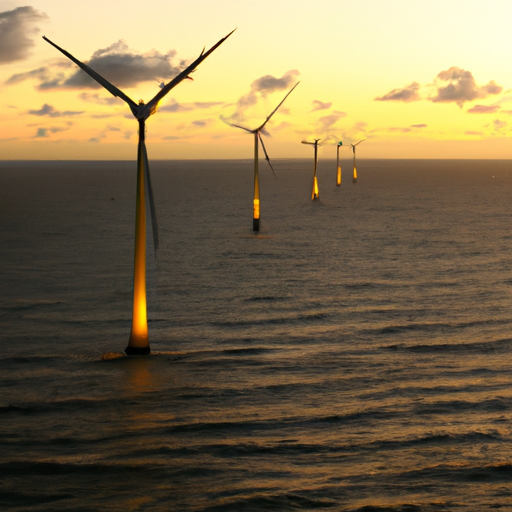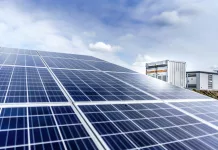In a bid to accelerate offshore wind energy, strengthen the domestic supply chain, and create high-quality union jobs, the Departments of the Interior and Energy unveiled “An Action Plan for Offshore Wind Transmission Development in the U.S. Atlantic Region”. This initiative aligns with Joe Biden’s American investment strategy, a fundamental part of Bidenomics. During Climate Week 2023, top Biden-Harris administration officials – including Secretary of the Interior Deb Haaland, Deputy Secretary Tommy Beaudreau, and Assistant Secretary for Indian Affairs Bryan Newland – participated in numerous events in New York City, celebrating the Administration’s unprecedented climate agenda.
Details of the Comprehensive Action Plan
The Interior Department’s Bureau of Ocean Energy Management (BOEM) and the Energy Department’s Grid Deployment Office created a detailed Action Plan. This plan involves immediate steps to integrate the first wave of Atlantic offshore wind projects with the electrical grid and long-term strategies to support the required transmission over the next few decades. Through coordinated planning, project costs can be reduced and timelines quickened, while reinforcing grid reliability and resilience. Additionally, the Energy Department introduced the Tribal Nation Technical Assistance Program for Offshore Wind Transmission. This educative and training resource was established in response to Tribal feedback, intending to boost participation in offshore wind planning.
Biden Administration’s Commitment to Offshore Wind Energy
Biden’s administration has set ambitious goals for renewable energy, including aiming to deploy 30 gigawatts of offshore wind in the United States by 2030. This target forms part of the broader Biden-Harris administration efforts to promote sustainable offshore wind energy development, domestic manufacturing, and grid integration. Ultimately, these initiatives could pave the way for at least 110 gigawatts by 2050.
Supporting Statements from Deb Haaland and Jennifer M Granholm
Interior Secretary Deb Haaland expressed confidence in achieving Biden’s ambitious goal, highlighting the government’s commitment to making renewable energy reliable and affordable for all. Jennifer M. Granholm, the Secretary of Energy, reiterated this commitment to offshore wind as a vital source of renewable energy to transition the nation towards a clean energy future.
Efforts Towards Clean Energy
Companies have announced 19 offshore wind projects and nearly $3.5 billion investment in 12 manufacturing facilities and 13 ports since President Biden took office. This is evidence of a booming American offshore wind supply chain, equating to job creation across sectors. The Biden-Harris administration has also approved four commercial-scale offshore wind energy projects and remains on course to complete reviews of at least 16 offshore wind project plans by 2025.
Action Plan for Offshore Wind Transmission Development
The Action Plan details how to maximize the wind resources off the U.S Atlantic Coast and distribute clean, reliable energy to communities. It emphasizes the need for collaboration between federal, state, and local governments, industry, and stakeholders. A shared vision on policy and coordination for offshore transmission development is being developed by the Energy Department and several Atlantic states, forming an Offshore Wind Transmission State Collaborative.
Assistance Programs for Offshore Wind Transmission
In response to Tribal input, the Tribal Nation Technical Assistance Program for Offshore Wind Transmission was developed to support American Indian and Alaska Native tribes and villages in planning and developing offshore wind transmission. With funds partially provided by the Inflation Reduction Act, this program ensures tribal representation in key offshore wind transmission forums.
Source: U.S. Department of the Interior



























